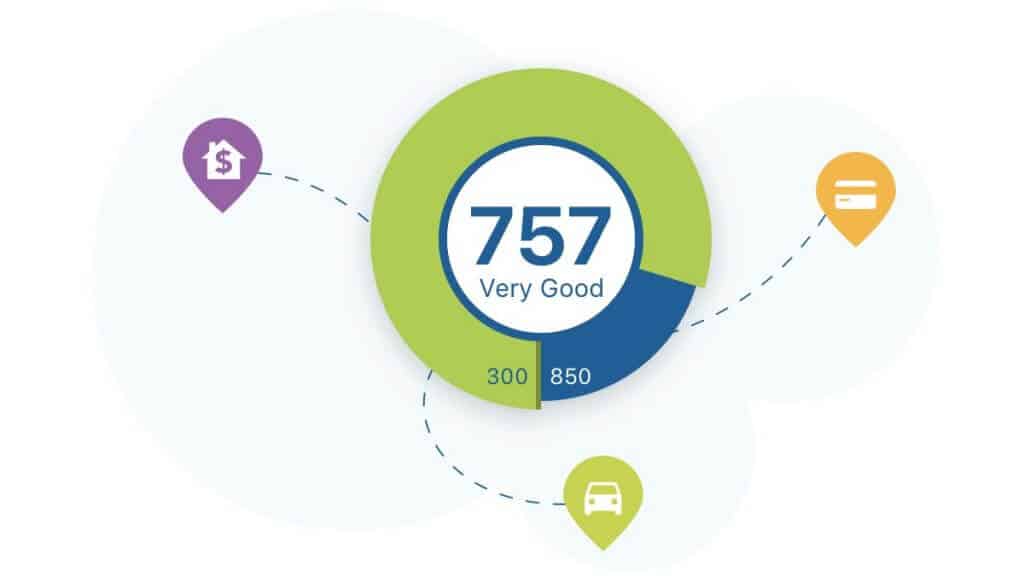Buying your first home? Many first-time home buyers looking to invest in real estate for the first time need to make the right choices. Home buying is a very exciting, scary, and stressful for buyers. You finally get to own your own home and are responsible for everything, including repairs, problems, and making your home feel like yours. Many first-time home buyers need to learn from saving for a down payment to applying for a mortgage and searching for your ideal home.
Luckily, once you buy your first home, the process is much easier for your second one. While being a first-time home buyer might be exciting, always keep a level head to ensure you make the right decision. Wondering what you need to know when buying your first home? Check out these tips for first-time home buyers.
Start Saving Early
First-time home buyers looking to get the ball rolling should start saving for the down payment as early as possible. The larger your down payment, the more options you’ll have in terms of loans. Additionally, the more you put down on a home, the better the interest rate you can get. Apart from the down payment, other costs come with buying a home with a loan, including closing costs and moving expenses.
Closing costs are a type of fee you pay to finalize the mortgage loan, typically ranging from 2% to 5% of the total loan amount. Move-in expenses cover all the costs associated with moving into your new home. For example, you might need extra cash to make home repairs and upgrades.
Strengthen Your Credit

Before you apply for a home loan, it’s best to ensure you have a good credit score. While you may still qualify for a mortgage with poor credit, the better your credit score, the better your loan terms will be. If you have bad credit, you may qualify for a higher interest loan, which can cost you more over the life of the loan.
You can get free copies of your credit reports from the major reporting bureaus. With this information in hand, you can start to address problem areas affecting your credit, such as debt.
Consider Different Types of Mortgages
When most people think of home loans, they think of conventional mortgages with a 20% down payment. However, other types of mortgages don’t require such high down payments. For example, an FHA loan allows you to put as low as 3.5% down on your home. Mortgage lenders can help you determine which loan option is right for you. However, they won’t have a complete picture of your financial situation until you apply for a loan, so it’s typically best to research and learn about the different types of mortgages available.
When deciding on a loan, don’t forget the different terms you can choose. Most first-time home buyers choose a 30-year fixed-rate mortgage because it allows them to have a lower, fixed monthly payment than a 15-year adjustable-rate mortgage. However, your choice will depend on your unique situation. When talking to lenders, ask questions about the different options available for first-time home buyers to learn about the different types of terms you may be able to choose from.
Compare Rates and Fees
It’s easy to go with the first lender you talk to, but it’s better to research different lenders and their rates and fees before you apply for a loan. When researching different mortgage lenders, request loan estimates for the same type of loan from multiple lenders to compare the costs and interest rates. Comparison shopping is one of the best ways to save money on your loan, so don’t skip this part just because you think you found the right lender immediately.
Get Pre-Approved
Getting pre-approved can help during negotiations after you find the home you want to purchase. A pre-approval from a lender tells you a certain amount you qualify for as a borrower, and this letter can help real estate agents show home sellers that you’re a serious buyer.
Only apply for pre-approval when you’re ready to shop for a house. They expire, so if you don’t start shopping for a home within the designated time frame, you’ll have to get pre-approved again.
Work With a Real Estate Agent

Buyers should always work with real estate agents because it costs them nothing to get help on their home-buying journey. Real estate agents do more than help you shop for homes; they negotiate prices with sellers and have access to more homes through their network. Real estate agents get a commission for selling a home, so it costs first-time home buyers nothing to work with one and use their agent’s expertise to get their dream home.
Be Realistic
Most first-time home buyers are excited about buying a house. So, it’s possible that your dreams may not align with reality. However, staying realistic throughout the process can help prevent you from failure. Based on your budget, you may not be able to afford all the features you want in a home. However, you can list the must-have items to help you determine what’s most important to you. From there, your realtor will help you find a house that you’ll love.
Save for Additional Costs
You should never spend all of your savings when buying a home because there will be unexpected costs that pop up seemingly out of nowhere. Permanently save for additional costs associated with homeownership, like repairs. However, you should also save for other expenses, such as moving costs. If you want to make moving into a new home more accessible, hire a company to move your stuff instead of doing it yourself. Professional movers can ensure your things make it to your new house safely, allowing you to spend time in the new home considering possible design ideas instead of lifting heavy objects.
Final Thoughts
Buying a house is a new and exciting experience, and it can be easy to get caught up in it. However, there are many steps you need to take, including getting approved for a mortgage, finding a house, making an offer, and negotiating. Buying a house is a process, so it might take months to find the best one for your budget, but don’t give up. Many first-time home buyers have been able to turn their starter homes into dream homes.


It makes sense that you need to be realistic about the things you can afford in a home within your budget. Because of this, I think it would be very beneficial to get a home appraisal before making any decisions. Doing so could help you find out the value of a house so you can know if it is within your budget.